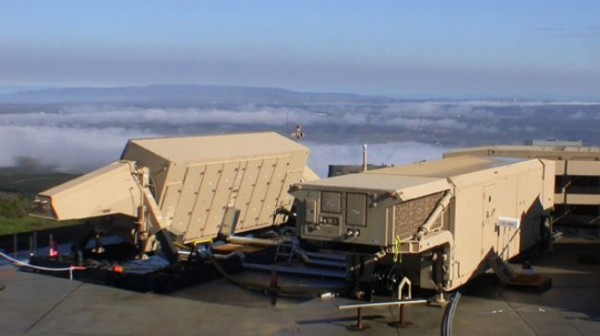Secret Pentagon studies have cast serious doubt on the effectiveness of the US-planned multi-billion-dollar missile system in Europe, congressional investigators say.
The classified studies by the Missile Defense Agency were summarized in a briefing for lawmakers by the Government Accountability Office (GAO), a congressional nonpartisan investigative body.
The GAO investigators said the briefing cast serious doubt on whether the system is capable of protecting Europe and the US interests against potential missile attacks.
So far, the US has signed agreements for launching the missile system in Poland, Romania and Turkey.
The GAO briefing concluded that Romania was a poor location for an interceptor to protect the US interests.
The studies also expressed other concerns about the missile system, including production glitches, cost overruns as well as problems with radars and sensors that cannot distinguish between warheads and other objects.
Although military officials say the problems of the system can be overcome with difficulty, the governmental and scientific reports have expressed doubt on whether the system would ever work as planned.
While Pentagon has embarked on giant budget cuts, the study is expected to prompt the Congress to reconsider the continuation of the multi-billion-dollar plan.
Republican lawmaker Michael Turner, who requested the GAO study, said the missile system might be useless, adding, “This report really confirms what I have said all along: that this was a hurried proposal by the president.”
The US plan for a missile system in Europe has been a bone of contention since former President George W. Bush’s tenure.
One the one hand, American critics said the plan was rushed and based on unproven technology. Russia, on the other hand, expressed concern that the plan sought to counter Russian missiles and undermine its nuclear deterrent power.
In his latest article on non-proliferation, the Executive Director of the US Arms Control Association Daryl Kimball urged the White House to delay plans for developing its missile interceptors in Europe as they merely prompt Russia to resist further cuts in its nuclear stockpile.










